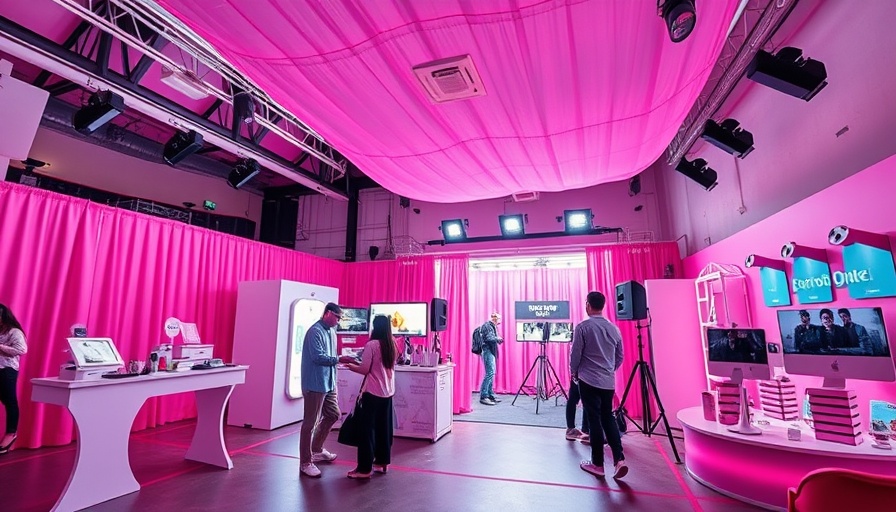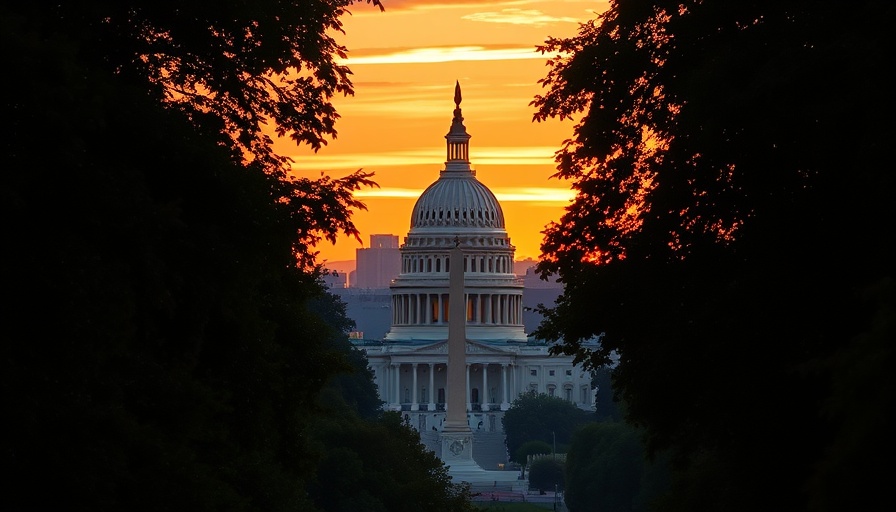
Leveraging the Power of Experiential Marketing in Skincare
The global skincare market, valued at an impressive $186 billion, continues to thrive, especially among younger generations. With Gen Z and Gen Alpha driving substantial growth, brands are honing in on innovative marketing strategies to capture their attention. One of the most compelling tactics is experiential marketing, which involves immersing consumers in engaging experiences that foster connection and brand loyalty.
The Allure of Night Markets
In a quest for uniqueness, many skincare brands have started to capitalize on cultural trends, like the popularity of night markets. For instance, Glow Recipe recently celebrated its 10th anniversary with a vibrant pop-up event reminiscent of Seoul's dynamic night market scene. The experience not only showcased exclusive products, but also offered attendees personalized skincare consultations, allowing them to engage with the brand on a deeper level. Such initiatives speak to a growing consumer demand for authenticity and immersive experiences in marketing activations.
Exploring Unconventional Locations
Another trend gaining traction is hosting skincare events in unexpected venues. Kiehl’s innovative partnership with Jackson Hole Mountain Resort to launch a two-day skincare activation illustrates this approach beautifully. Tailoring their campaign to adventure-seekers, Kiehl's intertwined extreme sports with skincare education, demonstrating the brand's versatility and willingness to embrace novel experiences. This strategy not only brings the products to consumers but also aligns the brand with consumers' lifestyles and aspirations.
The Importance of Targeted Engagement
As the competition in the skincare realm intensifies, brands are learning to engage their younger audiences where they spend the most time—both online and offline. Research indicates that 61% of Gen Z consumers feel the need to present their best selves before leaving the house. This obsession with appearance can be leveraged by brands creating tailored and engaging marketing experiences that resonate with these generational values.
Future Trends in Skincare Marketing
As the skincare industry continues evolving, several trends are expected to dominate marketing strategies in the coming years. The integration of technology in experiential marketing will likely become more pronounced, with the use of virtual reality and AI-driven tools helping brands offer personalized skincare experiences. Moreover, the demand for sustainable and ethically sourced products is predicted to rise, compelling brands to showcase transparency and consciousness in their marketing narratives.
Decisions Marketers Can Make with These Insights
Understanding these trends is crucial for skincare marketers aiming to connect with younger consumers effectively. By adopting experiential tactics, innovating locations for events, and ensuring authenticity, they can create lasting impressions and foster brand loyalty. Moreover, integrating digital solutions like AI in marketing activations can streamline processes and improve customer experience, making the investment worthwhile.
Final Thoughts and Actionable Insights
As marketers strive to capture Gen Z and Gen Alpha’s attention, the significance of experiential marketing cannot be overstated. By incorporating cultural elements, exploring unconventional venues, and staying attuned to consumer preferences, brands can navigate the competitive skincare landscape more effectively. In this age of information overload, innovative and memorable experiences are key to standing out in a cluttered market. Start brainstorming ideas that can elevate your skincare marketing strategy today!
 Add Row
Add Row  Add
Add 




Write A Comment